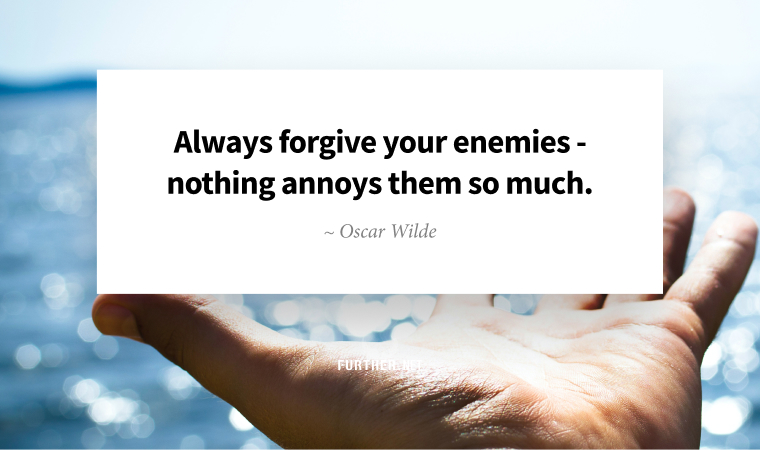
First, an apology: I have to rehash the Chris Rock/Will Smith Oscars smackdown. Because whether you’re still struggling with forgiving Smith for his behavior or Rock for his insensitivity, this is an instructive moment in the state of forgiveness in society.
As witnessed by the rise of “cancel culture,” the merciful act of forgiveness — once a virtue — is in dangerously short supply. And bad behavior has risen precipitously during the pandemic, with countless stories of people fighting, cursing, and screaming on planes, trains, and ski slopes, among other everyday places.
While there are many valid reasons tempers are running hot, the real question is how can we cool the anger and toxicity and re-learn how to co-exist peacefully?
Grudge Patch
A big reason we’re struggling with forgiveness has to do with the social and digital media engine that fuels an endless cycle of moral outrage. The lack of trust and general duplicitous nature of internet culture makes us more suspicious, aggressive, and harassing, as internet researcher Alice Marwick points out:
When you think of somebody as being immoral, that shuts down the ability to have a conversation. It really does encourage dehumanization and seeing other people as the other, rather than as actual people. There are places where our sense of morality is so strong that we don’t believe the other person can be redeemed.
This stokes the fires of division and polarization, which often is heightened when the offending party apologizes, as Will Smith did on Instagram. (Notice the comments are disabled on the post.) The more we hold onto anger, the more stuck we are in the muck of grudge-holding.
The only path forward is getting better at all sides of the forgiveness equation: making amends, accepting the apology, and letting go.
Sorry State
The first necessary half is a sincere apology, which social psychologists say involves admitting fault and damage, expressing remorse, requesting forgiveness, and offering compensation. The accountability piece is critical and often is the part that’s missing. The apologetic statement Smith made when he resigned from the Academy of Motion Pictures Arts and Sciences is a better example than his IG apology.
Equally important is clemency. And the only way this can happen is through compassion and grace.
[Grace] forces us to contend not only with other people’s human frailty but with our own: to remember how good it feels when someone, out of the blue, treats us with respect, empathy, and kindness in the middle of an angry conversation where we expect nothing but hostility.
This can feel like an impossible action in our divisive, vitriol-fueled times. But the truth is, if we can’t embrace acceptance and grace today, our world will be a much uglier place tomorrow. And we’ll never forgive ourselves for that.
Everyone wants forgiveness, but no one is being forgiven (Vox)
